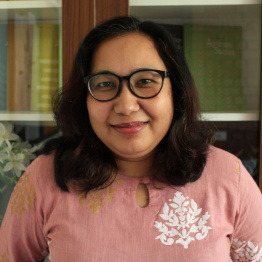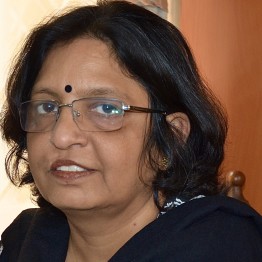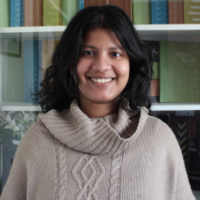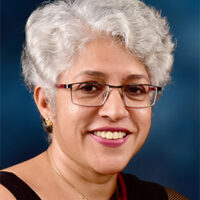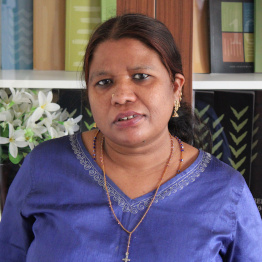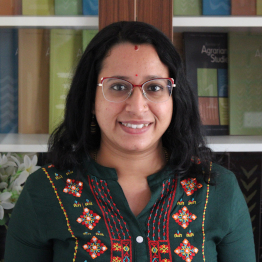
The fifth volume in the Agrarian Studies Series (General Series Editor: V. K. Ramachandran) is now published.
The book titled “How Do Small Farmers Fare: Evidence from Village Studies in India”, edited by Madhura Swaminathan and Sandipan Baksi, is an outcome of a study of the small farm economy in India by the Foundation for Agrarian Studies. This study was supported by the Rosa Luxemburg Stiftung. It will formally be released at the 77th Annual Conference of the Indian Society of Agricultural Economics (ISAE), being held at the College of Post Graduate Studies, Umiam (Meghalaya) from October 12-14, 2017.
This volume is an attempt to examine the characteristics and viability of small producers in different agro-ecological regions of India, locating them in the broader context of capitalist development of Indian agriculture.
As in many developing countries, agriculture in India has been dominated by peasant farming, with a little less than half of total operated area under small holdings. In the voluminous literature on small farms and small farmers, there is a distinct tendency to romanticise small farming. Various virtues are ascribed to the small farm. For example, it is claimed to be more efficient than the large farm, and ecologically more worthy of preservation than the large farm.
The book seeks to examine the socio-economic characteristics of small farmers in relation to other strata of the rural population, drawing on empirical material collected through carefully designed and conducted household and farm economy surveys of 17 villages located in 9 States of India. These surveys are a part of the ongoing Project on Agrarian Relations in India (PARI), undertaken by the Foundation for Agrarian Studies (FAS).
The evidence presented in this volume points to a crisis of small farming in terms of the inability of small farmer households to generate adequate incomes to maintain a minimum standard of living. A second striking feature of the evidence presented is of inequalities and differentiation both within the study villages and across agro-ecological regions.
While small farmers account for a substantial proportion of the rural population, they operate in a capitalist market economy where a small section of rural households control the bulk of the means of production. In this context, the book emphasises the urgent need for public policy support to deliver economies of scale to small farmers and to ensure them a minimum standard of living.
The book has been published by Tulika Books.
The contents page of the book follows:
Foreword V.K. Ramachandran
Preface Madhura Swaminathan and Sandipan Baksi
Small Farmers and Small Farming: A Definition Venkatesh Athreya, Deepak Kumar, R. Ramakumar, Biplab Sarkar
PARI Villages: An Introduction T. Sivamurugan and Madhura Swaminathan
Labour in Small Farms: Evidence from Village Studies Niladri Sekhar Dhar, with Subhajit Patra
Cropping Pattern, Crop Productivity, and Incomes from Crop Production Arindam Das and Madhura Swaminathan
Incomes of Small Farmer Households Aparajita Bakshi, with Tapas Singh Modak
Costs and Prices Arindam Das, Tapas Singh Modak, Biplab Sarkar, Madhura Swaminathan, with L. Vijay Kumar and Ritam Dutta
Fertilizer Use and Small-Scale Farms Kamal Kumar Murari and T. Jayaraman, with Sanjukta Chakraborty
Formal Credit and Small Farmers in India Pallavi Chavan, with T. Sivamurugan
Climate Change, Agriculture, and the Small Farmer T. Jayaraman
Access to Education Madhura Swaminathan and Rakesh Kumar Mahato
Living Standards of Small Farmers in India Shamsher Singh
How Do Small Farmers Fare? Madhura Swaminathan
To order copies of the book, please contact:
In India and South Asia: IPD Alternatives (E: ipd.alternatives@gmail.com /ipda.office@gmail.com)
In the rest of the world: Columbia University Press, New York (W: cup.columbia.edu)
To order copies online contact (W) www.tulikabooks.in or (E) tulikadelhi@gmail.com
About the author
Madhura Swaminathan is Professor and Head, Economic Analysis Unit, Indian Statistical Institute Bangalore Centre. She is also a Trustee of the Foundation for Agrarian Studies.


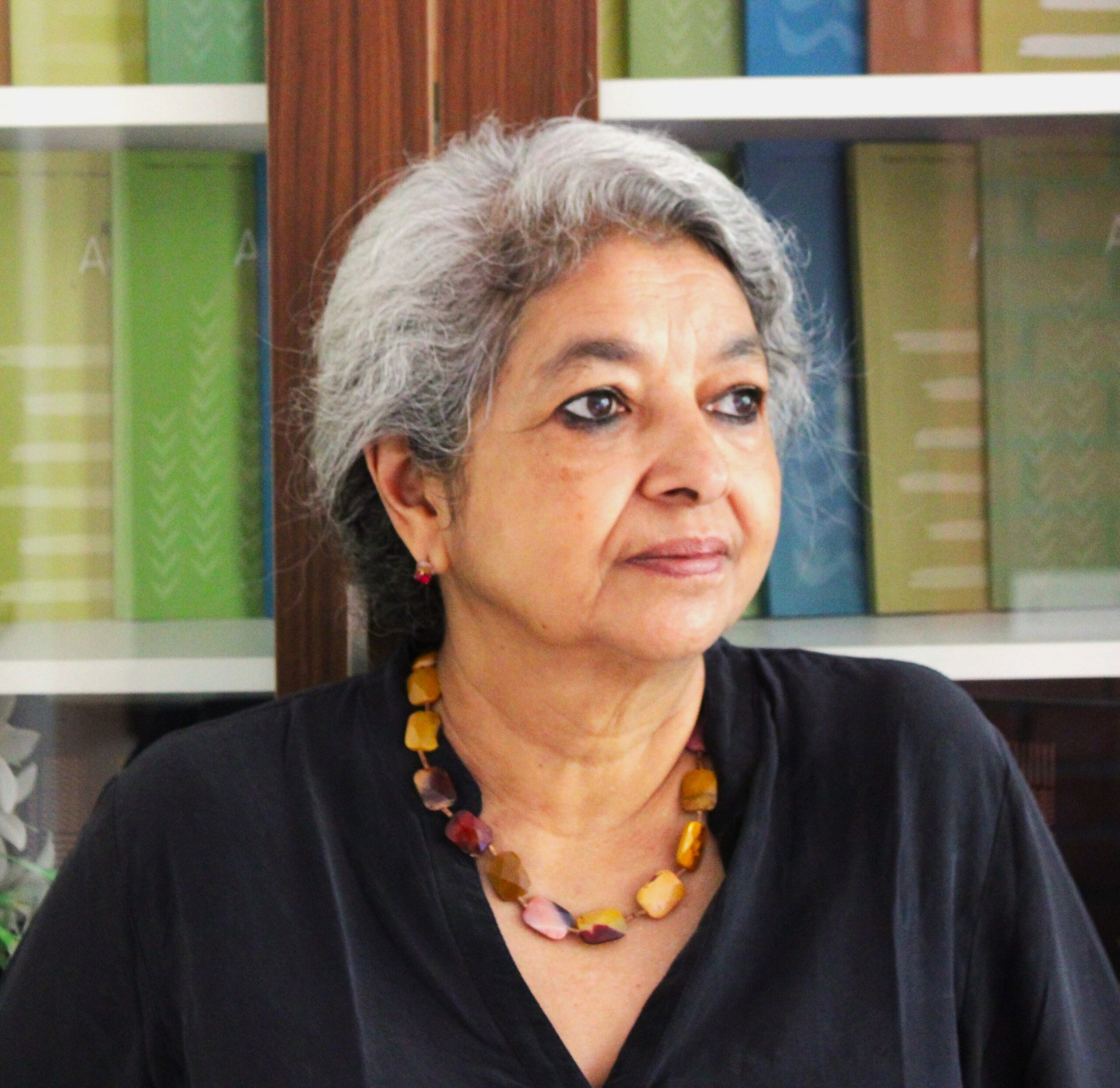









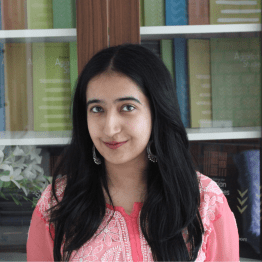


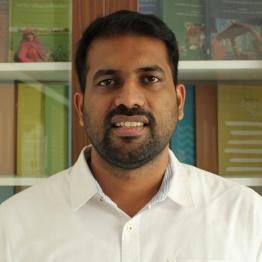








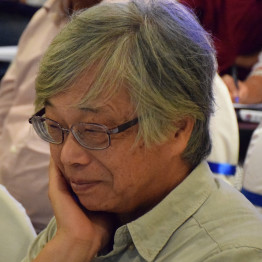
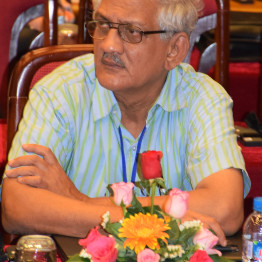
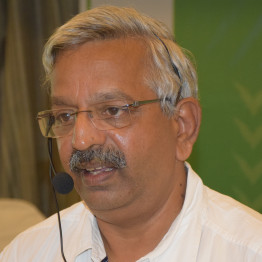

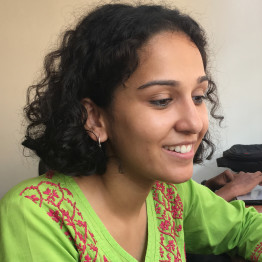


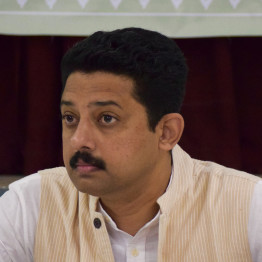


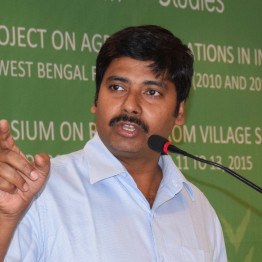









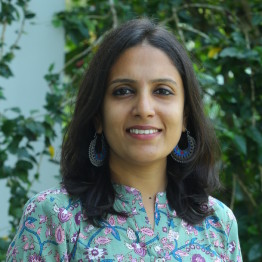
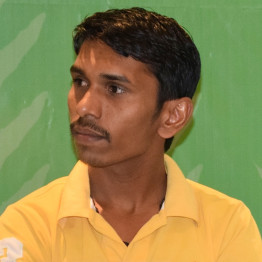
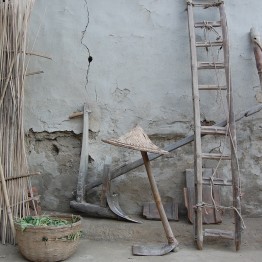

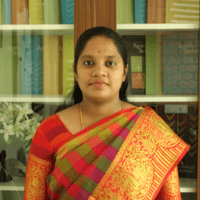 Sudha is an Administrative Assistant of the Foundation. She assists the administrative division of the Foundation and also has taken part in fieldwork organised by the Foundation.
Sudha is an Administrative Assistant of the Foundation. She assists the administrative division of the Foundation and also has taken part in fieldwork organised by the Foundation.






